Graham Reid | | 4 min read
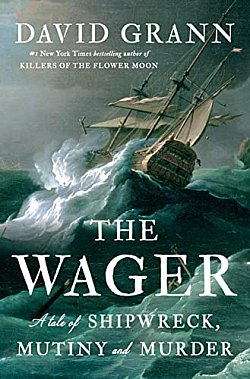
A decade ago Peter Fitzsimons published his extraordinary book Batavia, an almost forensically detailed account of a 17th century shipwreck when the Batavia – on its maiden voyage for the Dutch East India Company – hit a reef off the coast of Australia and its survivors struggled onto a small island group, some on separate patches of barren rock and sand.
As gripping as that part of the story is and of how the 250 managed in their early days trying to survive, it is what follows which is horrific in its detail: murder, a reign of terror, women spared for sexual gratification, hunger, plots and counter-plot then rescue and retribution back in the courts of Holland.
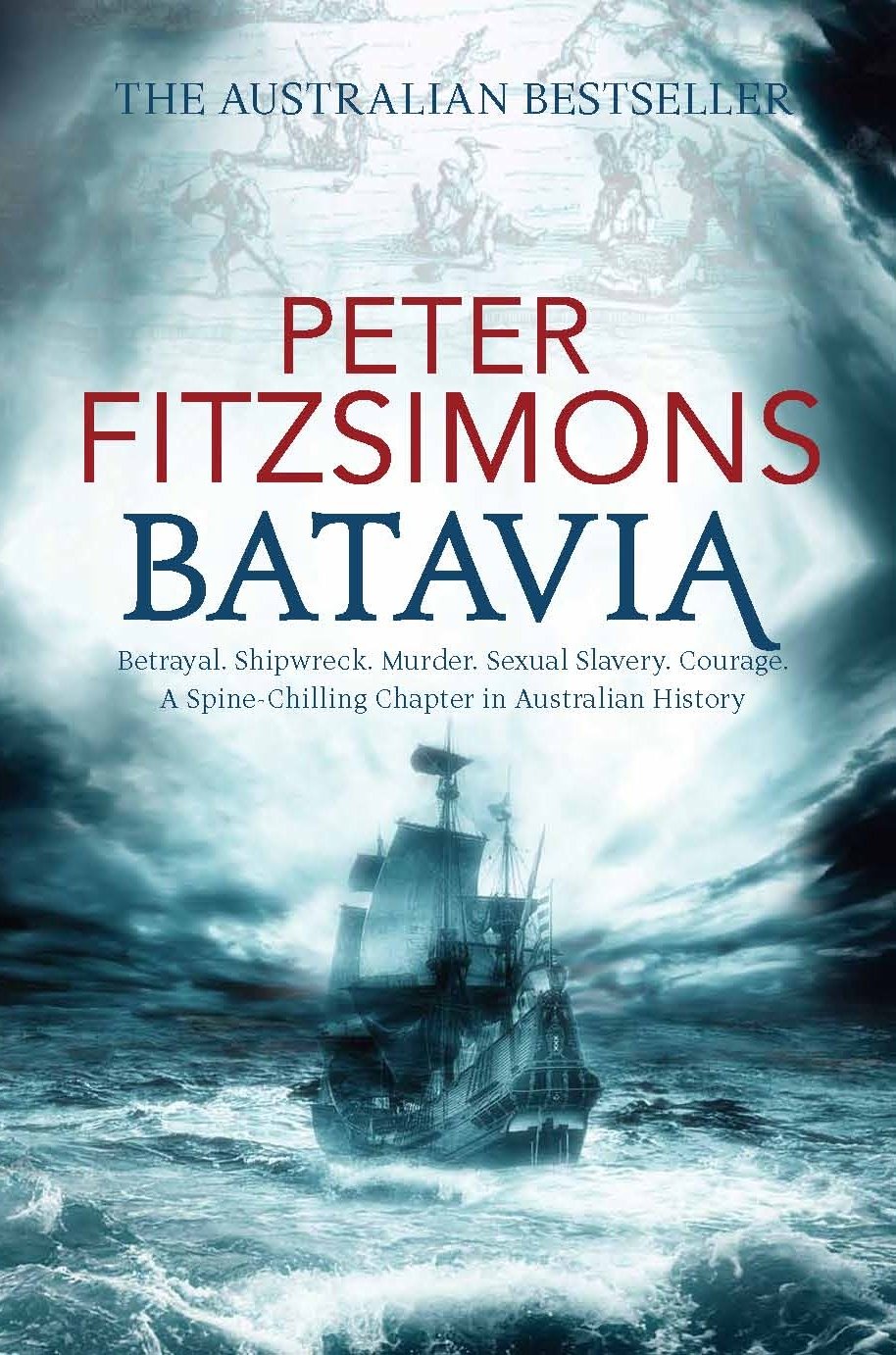 Fitzsimons wrote a book of unparalleled research and graphic intensity. Unparalleled until now that is with The Wager, a not dissimilar story in its broad detail of men shipwrecked (off the west coast of Chile after rounding the Horn, a feat of survival in itself) and all that followed.
Fitzsimons wrote a book of unparalleled research and graphic intensity. Unparalleled until now that is with The Wager, a not dissimilar story in its broad detail of men shipwrecked (off the west coast of Chile after rounding the Horn, a feat of survival in itself) and all that followed.
Subtitled A Tale of Shipwreck, Mutiny and Murder, it telegraphs its narrative up front and Grann – who wrote Killers of the Flower Moon, soon to be a Martin Scorsese movie – does what Fitzsimons and Patrick O'Brian (author of the Napoleonic War series which made the big screen with Master and Commander) manage to do: he takes you on board and down into the bilge.
And as is so often the case – consider also Mayflower and In the Heart of the Sea by Nathaniel Philbrick, the latter also a movie – The Wager is more than just a narrative. It is an examination of class, history (it is set during the absurd War of Jenkins' Ear between Britain and Spain), duty and madness.
The Wager was one of a fleet sent out in 1740 to round the Horn into the Pacific where it would harry Spanish galleons and bring back booty.
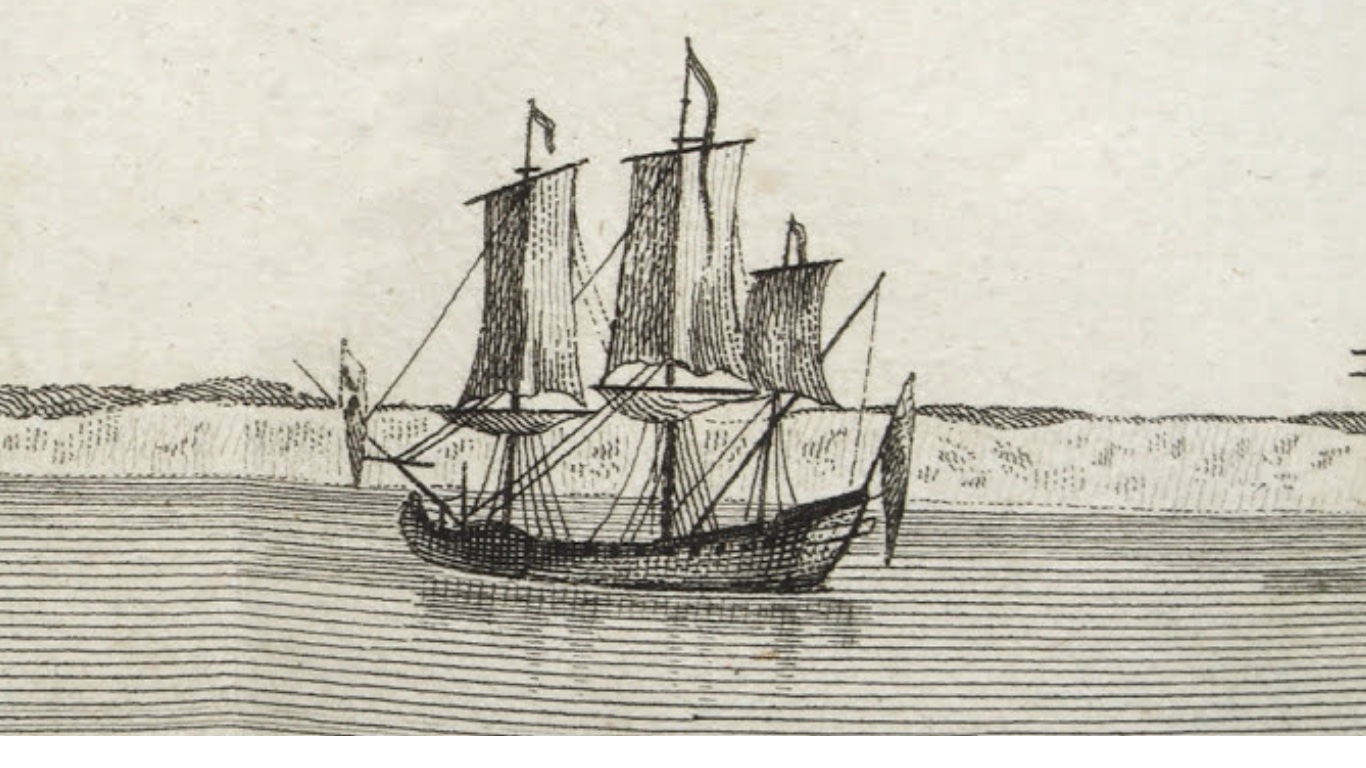 At least that was the plan on paper, but circumstances (a captain dying and being replaced by a lesser man), the weather (ships and men lost) and then the struggle for survival by those of the shipwrecked Wager when washed up on a remote, cold and rain-swept island barren of food means other factors come into play.
At least that was the plan on paper, but circumstances (a captain dying and being replaced by a lesser man), the weather (ships and men lost) and then the struggle for survival by those of the shipwrecked Wager when washed up on a remote, cold and rain-swept island barren of food means other factors come into play.
The set-piece of survivors on an island is not uncommon in literature and film, from the "economic man" Robinson Crusoe, class satire of JM Barrie's The Admirable Crichton and stupidity of Gilligan's Island to the final chapter in the recent film Triangle of Sadness, castaways uncoupled from society and structure are shown to make their own rules.
Or – in the case of Lord of the Flies – ignore them and revert to a tribal state.
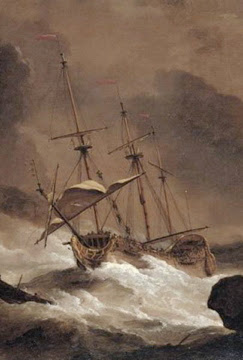 The Wager doesn't have to pose the questions because the reality was answered in the isolation and deprivation.
The Wager doesn't have to pose the questions because the reality was answered in the isolation and deprivation.
But we can ask ourselves: In a place where the captain now commands no vessel does he still command his crew? But what if he shoots dead an unarmed man out of rage, has lost the respect of a large faction and there are shifting loyalties among others.
What to do if someone dies and you are starving?
Do you, would you, eat your dead?
How do you get off an island when it is clear no help will ever come?
The small society of The Wager survivors devolved into chaos in less than a month.
The small band of friendly Indians who arrived, fed them and showed them how to build shelters briefly stayed then fled silently overnight. They could see what was coming.
The most remarkable aspect of this story is actually none of that: it is of how men survived weeks at sea in an open boat with little food and less hope, of men abandoned by their fellows who also managed to survive.
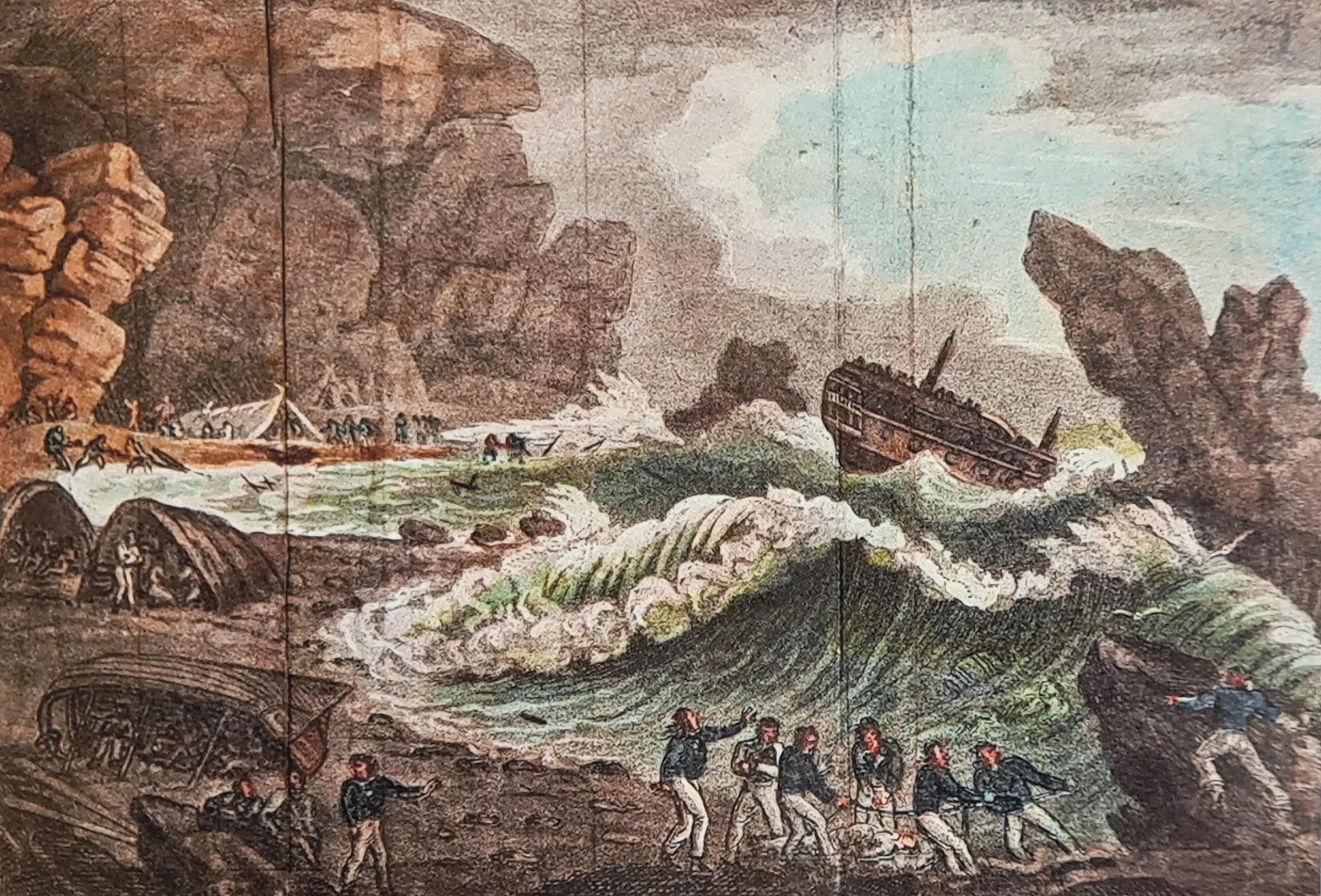 Of how some who did, after suffering privations beyond our comprehension, were captured by the Spanish and imprisoned.
Of how some who did, after suffering privations beyond our comprehension, were captured by the Spanish and imprisoned.
Of some making it back to England only to be put on trial.
And it is the story of colonisation, of an empire whose economic interests in the forgotten War of Jenkins' Ear (a conflict based on a lie in order to prompt a war against Spain for commercial and political gain) cost the lives of thousands.
Of the two thousand who set sail more than 1300 died, and the war a financial catastrophe to the tune of about $NZ90 million.
The closing pages here are a depressing account of the British Navy, politicians and commercial interests quietly closing the book on these astonishing events.
The Wager is a remarkable story of grim but illuminating details and of men aboard a wooden world where crowding, illness, death and danger from the elements or the enemy were constant realities.
They won't make a movie of this story.
Shipwreck, mutiny and murder are just part of this astonishing story of life, death, duty and the struggle to live during a distant time in a remote part of the planet.
In a place where wind, rain, hunger and turbulent seas howled in the faces of ordinary men, some of whom – 10 out of the almost 300 who boarded The Wager – achieved the most extraordinary feat: they survived.
THE WAGER by DAVID GRANN, Simon and Schuster $40





post a comment